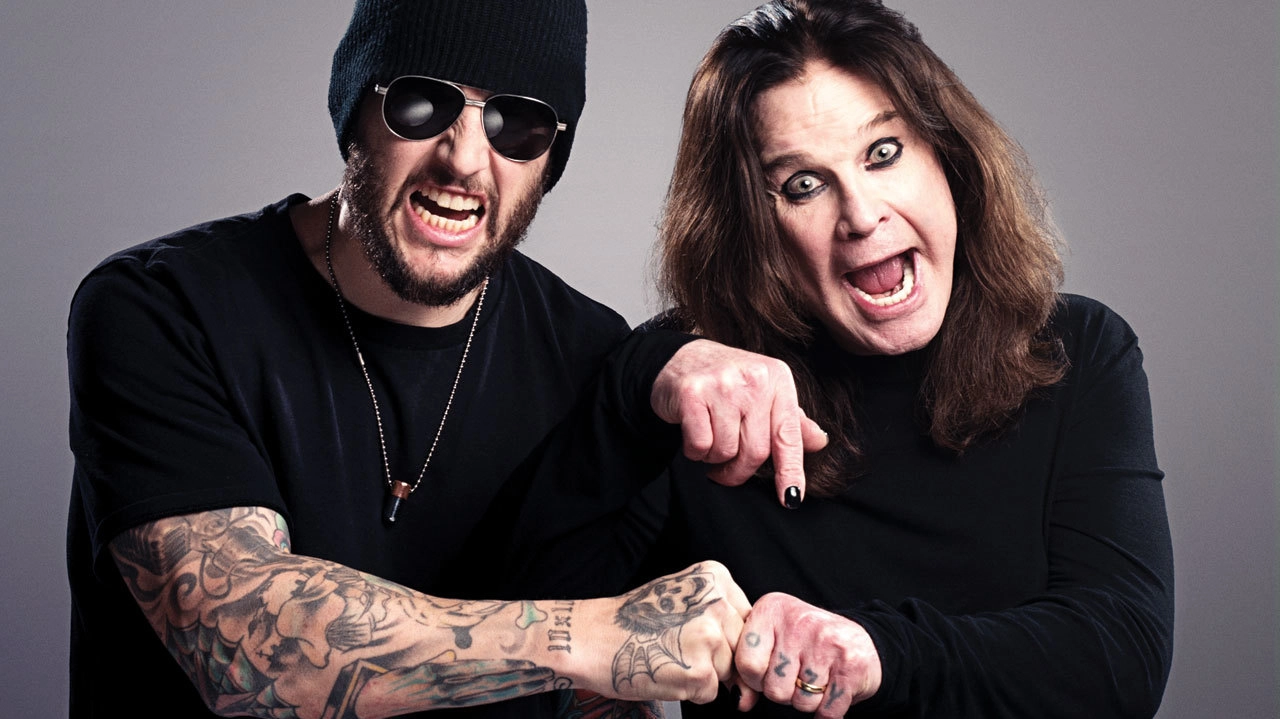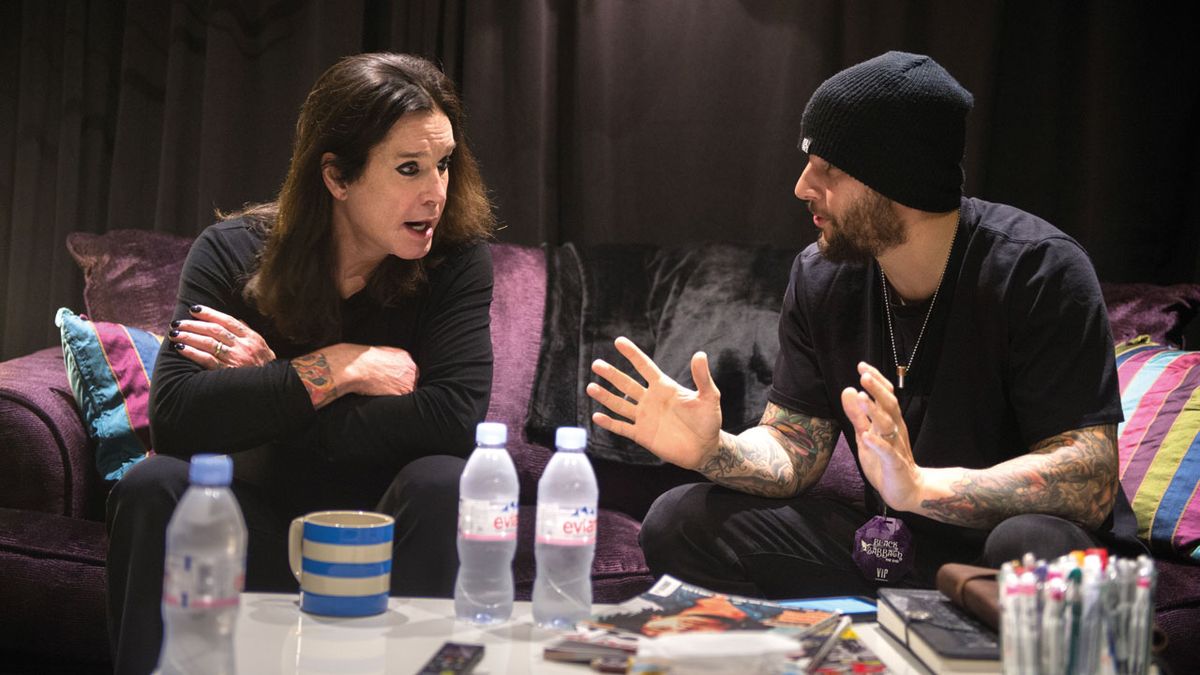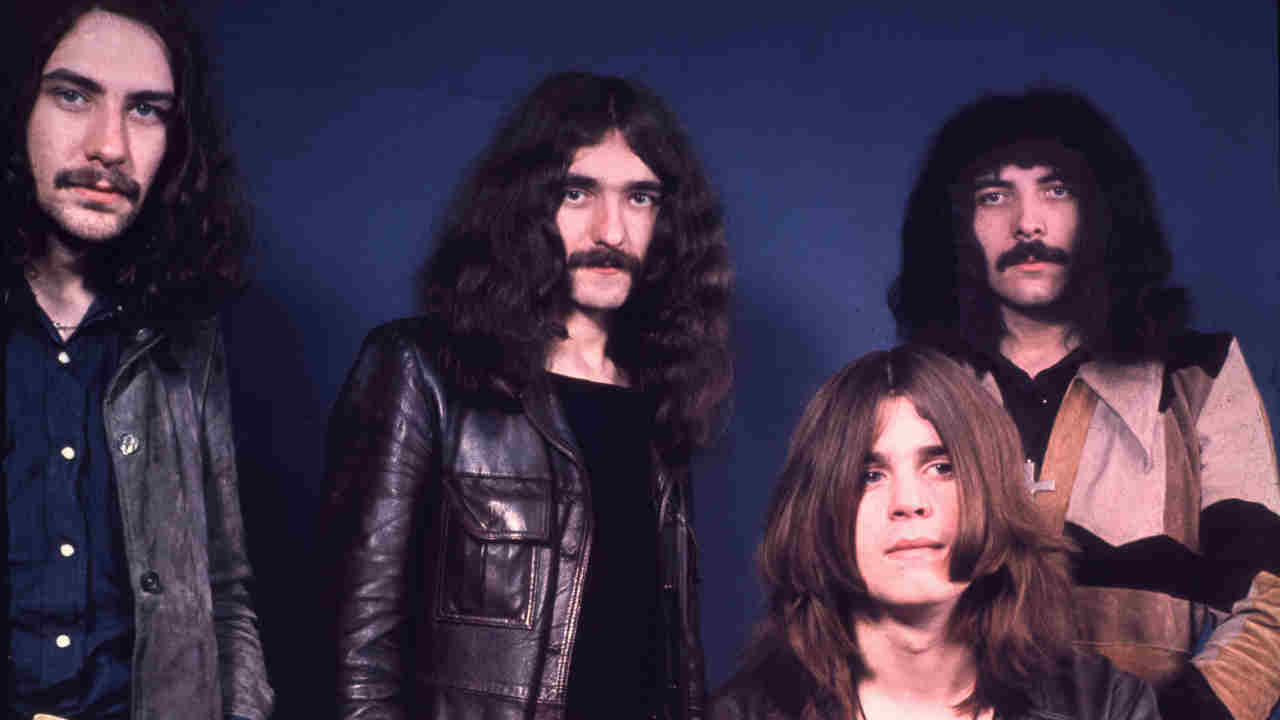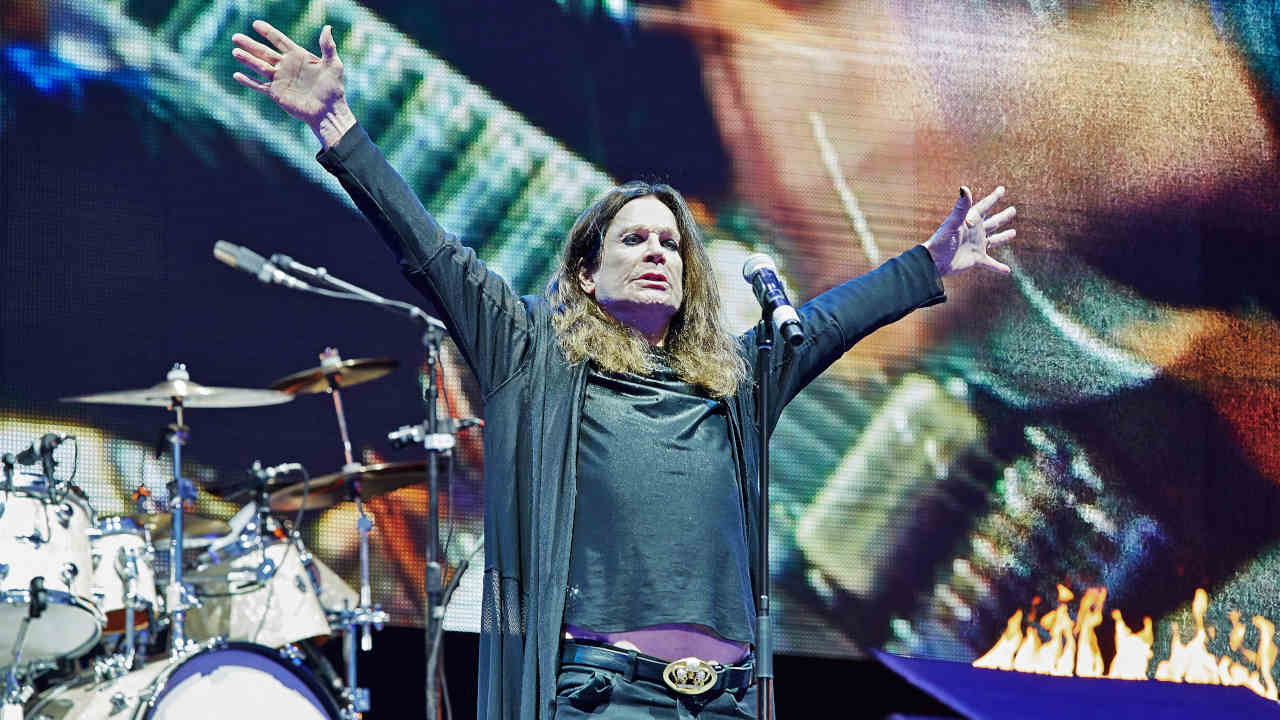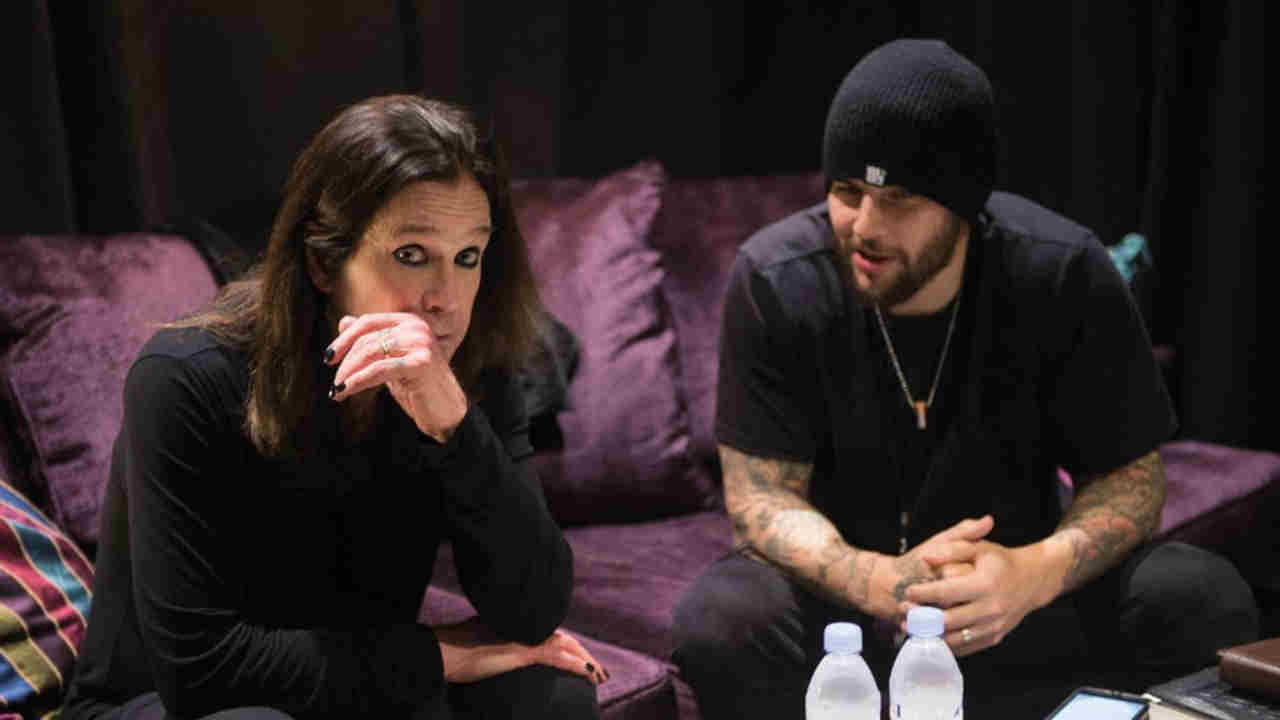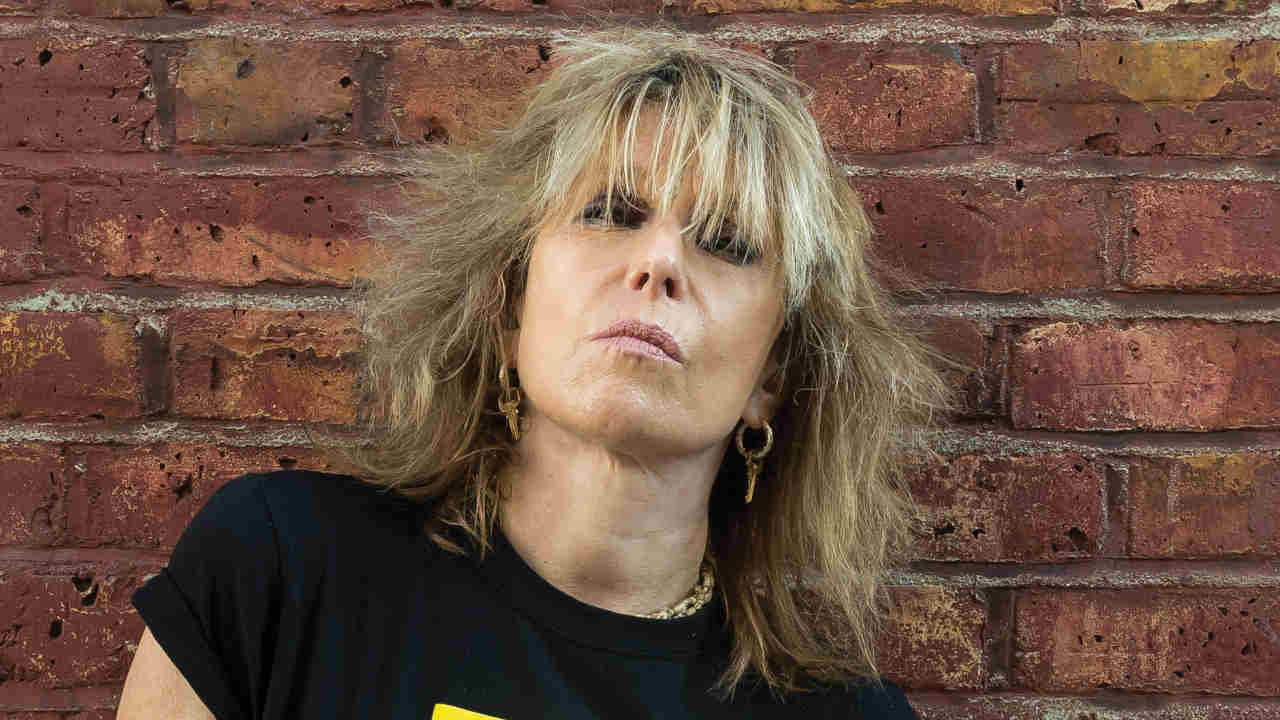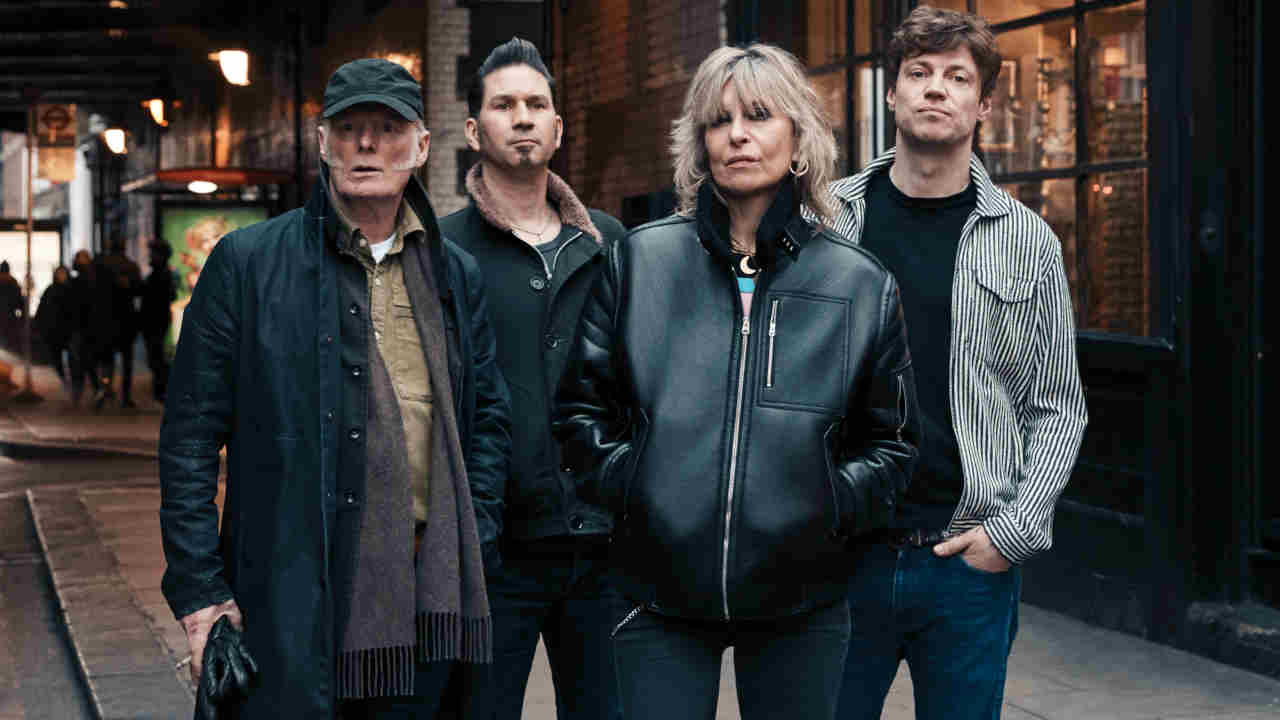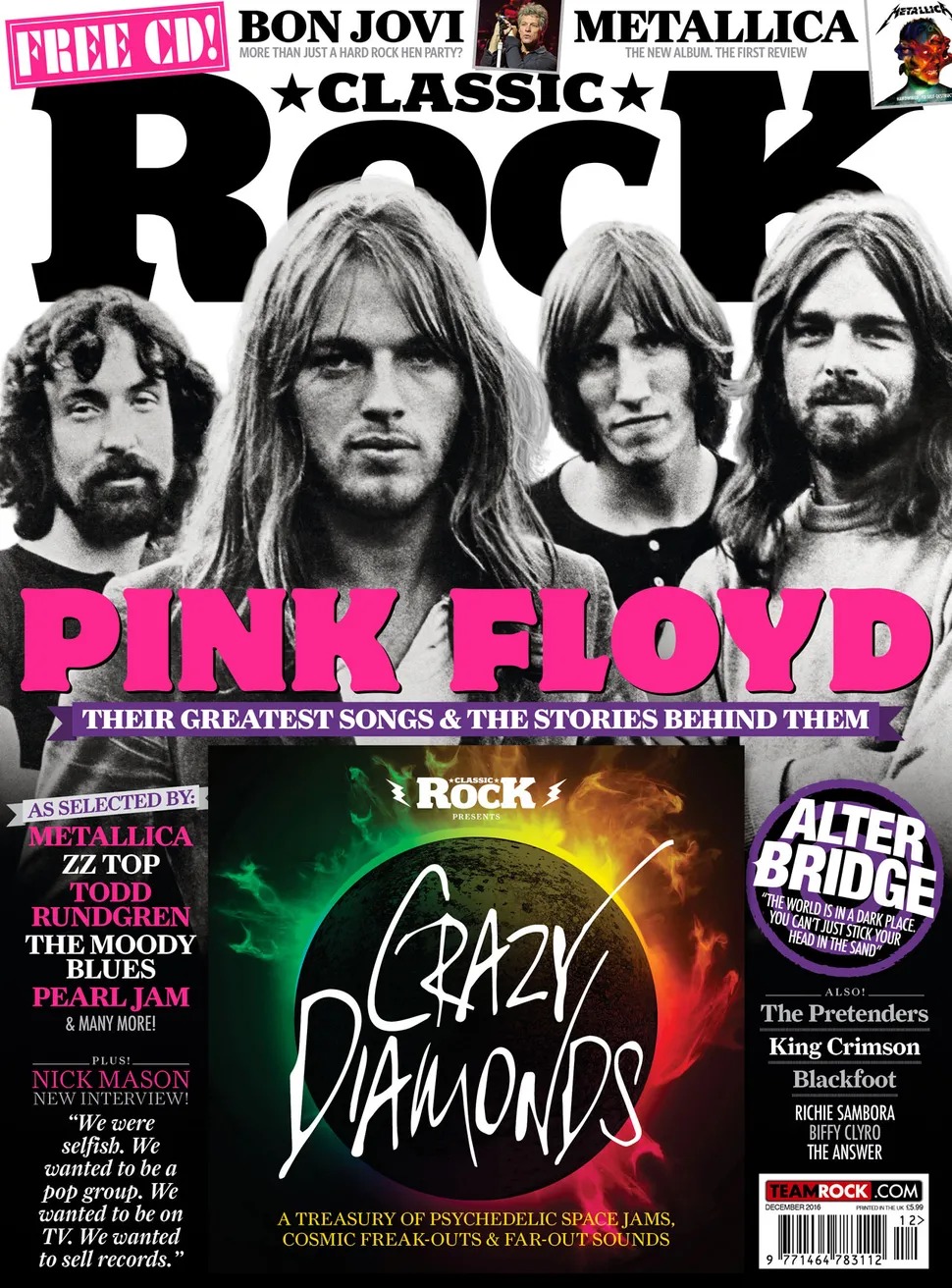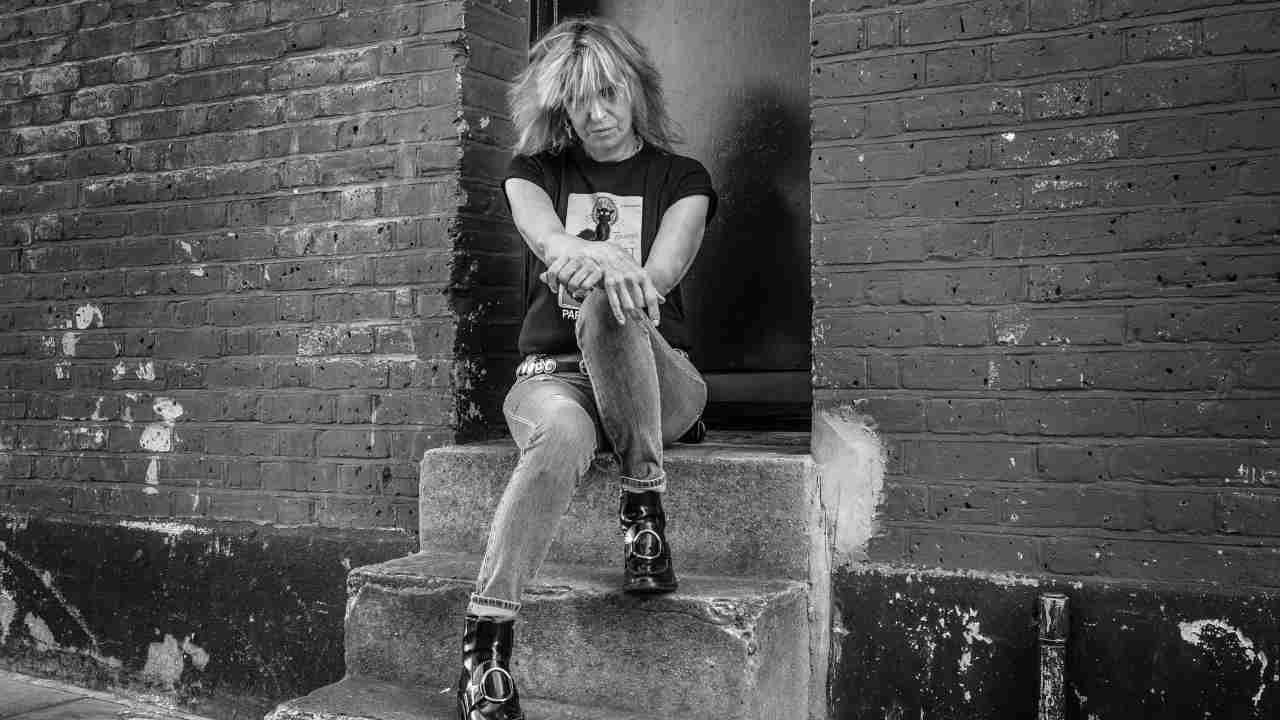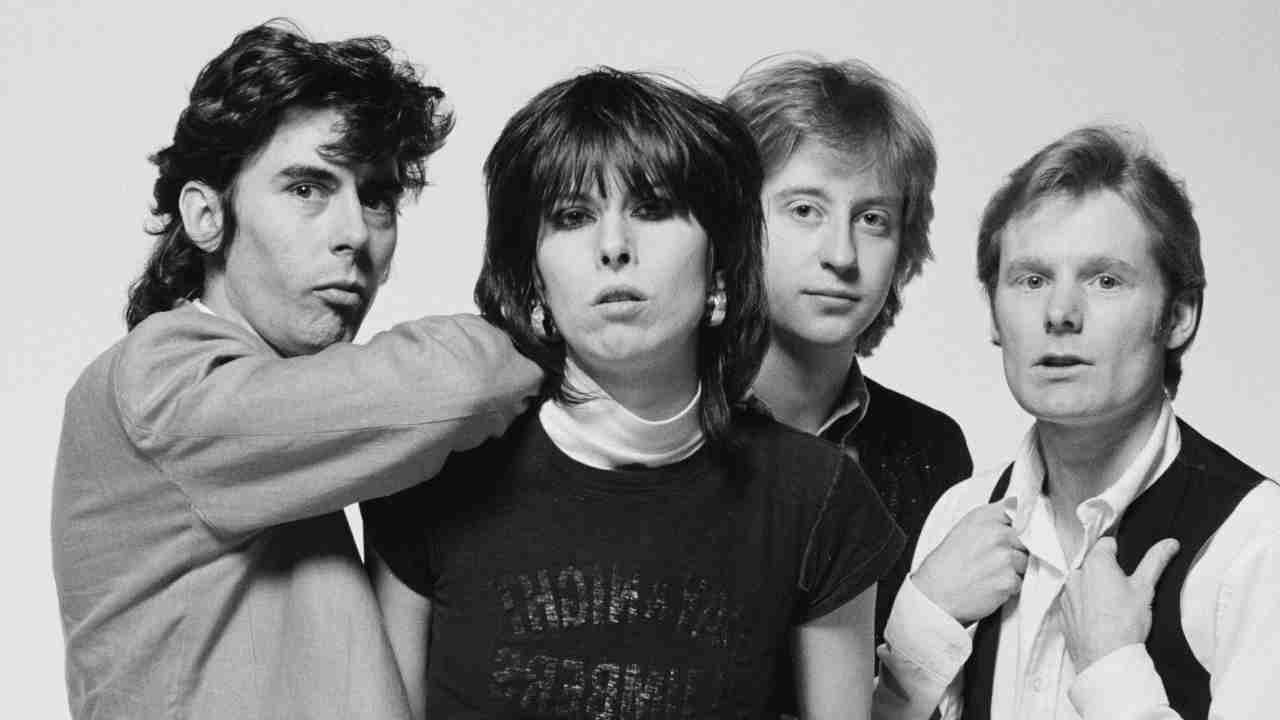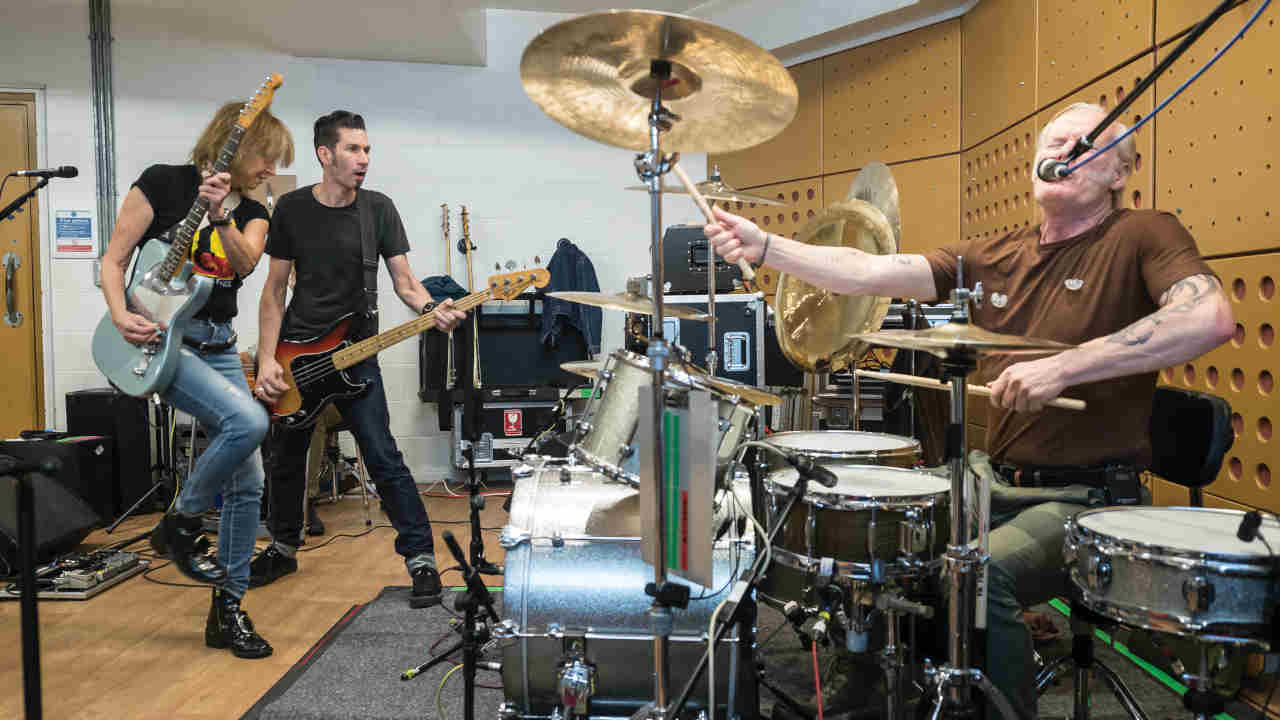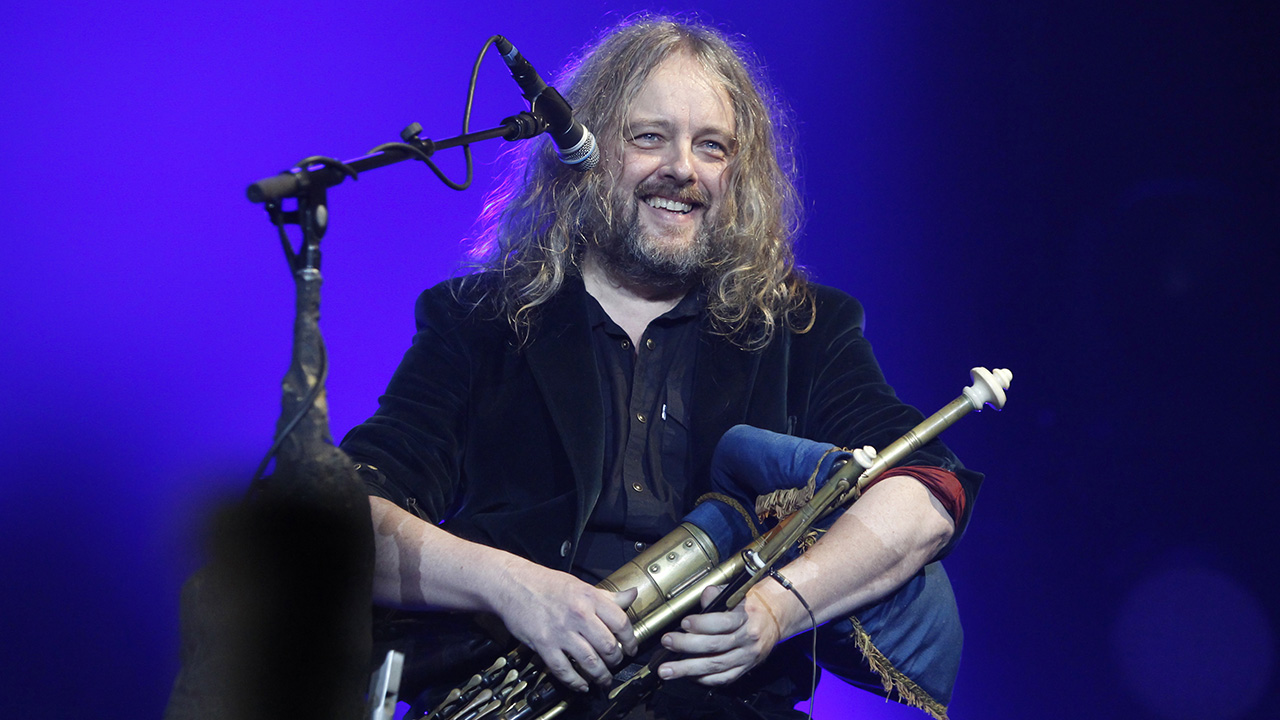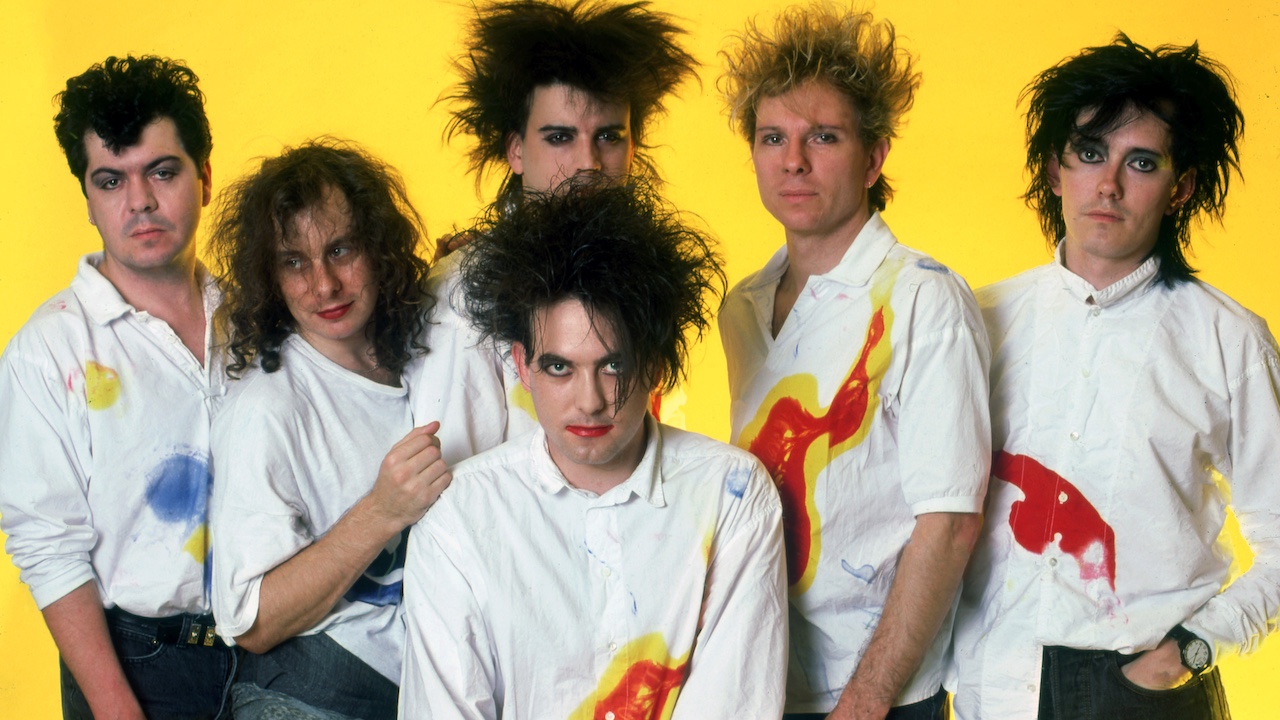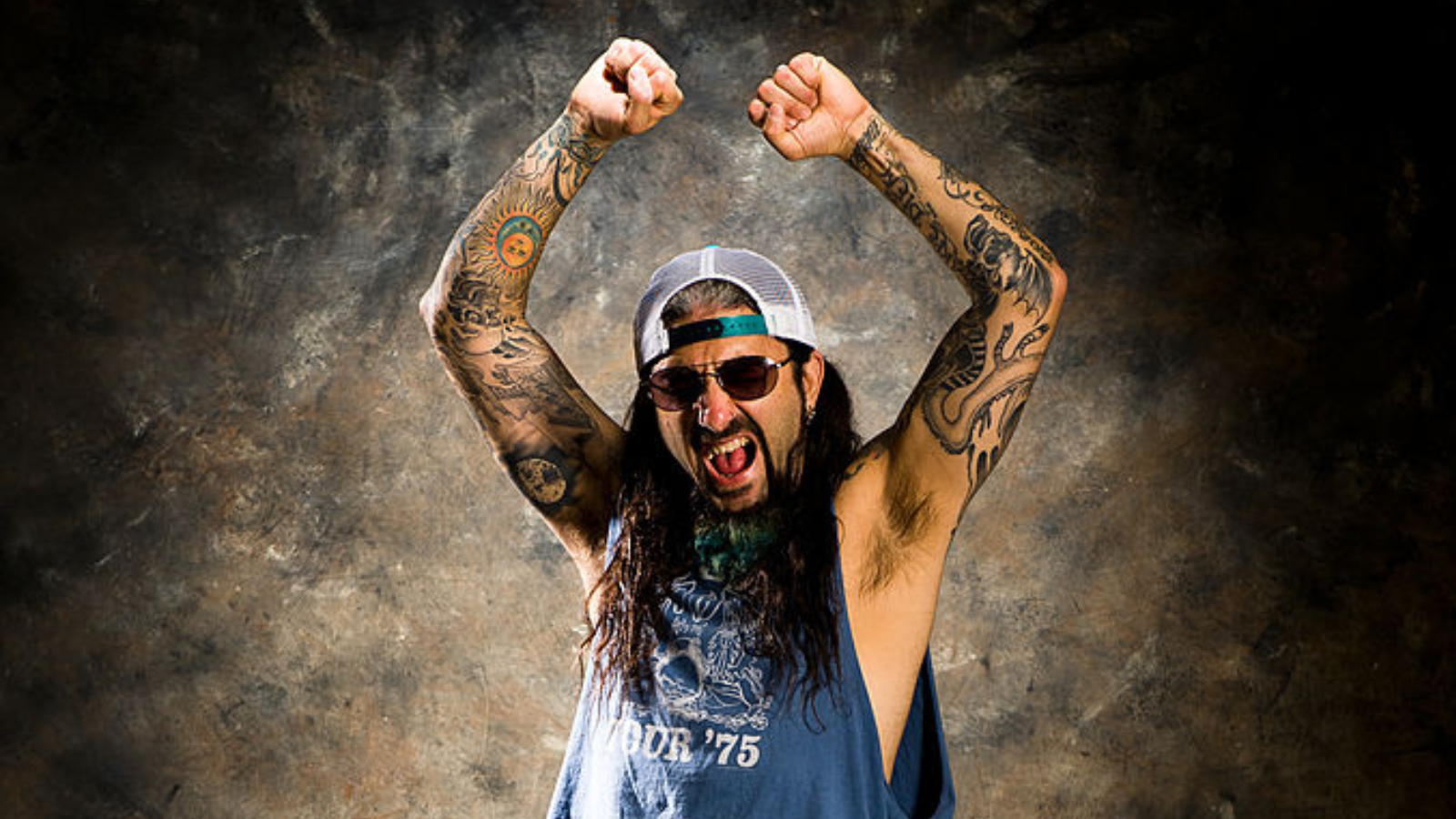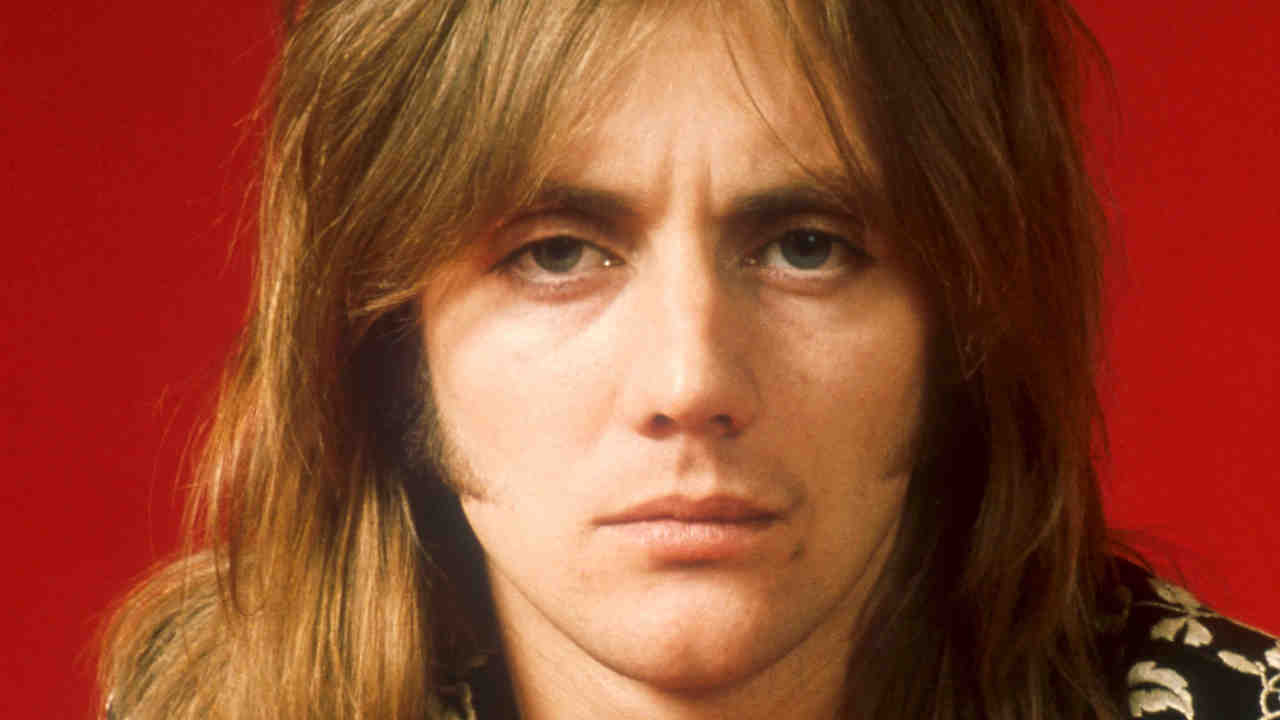
Feature Photo: Debby Wong / Shutterstock.com
Joel’s professional journey began in 1971 with the release of his debut solo album “Cold Spring Harbor,” and he has since released 13 studio albums, selling over 150 million records globally while being inducted into the Rock and Roll Hall of Fame in 1999. His band evolved significantly over the years, starting with session musicians and various touring lineups before stabilizing around 1975 with what became known as his classic band formation, which remained largely intact through the 1980s before undergoing major changes in the late 1980s and early 1990s.
Billy Joel’s touring band as a whole did not begin playing on his records until he recorded the album “Turnstiles” in 1976, marking the beginning of his most creatively and commercially successful period. This lineup included Richie Cannata on saxophones and organ, Liberty DeVitto on drums, Russell Javors and Howie Emerson on guitars, and Doug Stegmeyer on bass. This core group, which became known as the classic Billy Joel Band, provided the musical foundation for Joel’s greatest hits from “The Stranger” (1977) through “The Bridge” (1986), including timeless songs like “Just the Way You Are,” “Piano Man,” “Uptown Girl,” and “We Didn’t Start the Fire.” The band’s chemistry was rooted in their shared Long Island origins and their musical history together before joining Joel’s organization.
The band, which now no longer includes any of its original members, underwent significant changes in the late 1980s when Joel decided to pursue different musical directions and work with new producers. From “The Stranger” in 1977 through “The Bridge” in 1986, Joel had been working with the same producer, Phil Ramone, as well as with the same basic incarnation of the Billy Joel Band, but for the 1989 album “Storm Front,” Joel chose a new producer, Mick Jones of Foreigner, and started making more significant personnel changes. Today’s Billy Joel band continues the tradition of musical excellence while supporting his ongoing touring commitments, including his record-breaking monthly residency at Madison Square Garden that began in 2014 and has become the most successful concert franchise in the venue’s history.
Liberty DeVitto
Liberatori “Liberty” DeVitto served as Billy Joel’s drummer from 1975 to 2005, making him the longest-tenured member in Joel’s band history and one of the most recognizable figures in Joel’s musical legacy. Born on August 8, 1950, in New York City to Italian ancestry, DeVitto taught himself to play drums after seeing The Beatles perform on The Ed Sullivan Show in February 1964. He was also influenced as a teenager by rock drummer Dino Danelli and developed a hard-hitting, aggressive style that would become perfect for Joel’s New York-influenced sound.
DeVitto’s path to joining Joel’s band began through his childhood friendship with Russell Javors and their shared experience in the Long Island band Topper alongside Doug Stegmeyer. Billy and I used to play the same club in Plainview, Long Island called “My House.” We would watch each other play and acknowledge each other in passing. When Joel was looking for a permanent band in 1974, Doug Stegmeyer recommended DeVitto because Billy was looking for a New York-type drummer, aggressive and hard hitting. The three of us recorded the basic tracks for Turnstiles and we both recommended Russell Javors and Howie Emerson, who played guitars in Topper and with the addition of Richie Cannata on saxophone, the “Billy Joel Band” was born.
DeVitto’s drumming provided the rhythmic foundation for Joel’s most successful albums, including “Turnstiles,” “The Stranger,” “52nd Street,” “Glass Houses,” “The Nylon Curtain,” “An Innocent Man,” “The Bridge,” “Storm Front,” and “River of Dreams.” His powerful playing style and intuitive understanding of Joel’s musical vision made him an essential component of the band’s sound. He is credited as a drummer on records which have sold a combined total of 150 million units worldwide. DeVitto’s contributions extended beyond drumming, as he often provided input on arrangements and helped shape the band’s overall musical direction.
The partnership between DeVitto and Joel came to an end in 2005 when DeVitto was not invited to continue with the band, leading to legal disputes over royalties and song credits. After working with Joel for 30 years, DeVitto was discharged from the 2006 Billy Joel tour for an unknown reason. The two eventually reconciled in 2020 when DeVitto reached out via email, leading to a meeting and Joel’s agreement to write the foreword for DeVitto’s memoir “Liberty: Life, Billy and the Pursuit of Happiness.” Following his departure from Joel’s band, DeVitto formed The Lords of 52nd Street with fellow former Joel band members Richie Cannata and Russell Javors, performing faithful renditions of Joel’s classic recordings.
Doug Stegmeyer
Douglas Alan Stegmeyer served as Billy Joel’s bassist from 1974 to 1989, becoming one of the most important musical contributors to Joel’s classic period and earning the nickname “The Sergeant Of The Billy Joel Band.” Born on December 23, 1951, in Flushing, Queens, Stegmeyer grew up in a musical family with his father being an accomplished musician and his mother a contemporary singer and piano player. He took up bass guitar at age 14 and after graduating from Syosset High School, joined the band Topper with friends Russell Javors and Liberty DeVitto, becoming one of the hottest club bands on Long Island.
Stegmeyer’s introduction to Billy Joel came in 1974 when Joel was living in Los Angeles and looking for a new band with a New York sound. A mutual friend suggested that Joel reach out to Stegmeyer, and he flew out to California to join Joel on bass for the “Streetlife Serenade” tour. After the tour finished, Stegmeyer suggested that Joel give a listen to DeVitto and Javors, leading to the formation of what would become the classic Billy Joel Band. Stegmeyer’s bass work can be heard on every one of Joel’s studio albums from “Turnstiles” (1976) through “The Bridge” (1986), as well as the live albums “Songs in the Attic” and “КОНЦЕРТ.”
Stegmeyer’s playing style combined keen musical intuition with harmonic awareness and a band-first mentality that made him the perfect foundation for Joel’s intricate songwriting. His bass work featured tastefully executed grace notes, slaps, fretless glissandos, and nimble plectrum and finger picking, all rendered with a crisp bite that served the song. He frequently matched Liberty DeVitto’s kick drum patterns to reinforce the pulse of the song, creating one of the most powerful rhythm sections in popular music. His tone stood out through the mix, providing a clean and powerful low end with enough midrange presence to definitively stand up to the other instruments.
Stegmeyer and Russell Javors left the band in 1989, according to DeVitto, they were forced out as Joel made significant changes to his musical direction. Following his departure from Joel’s band, Stegmeyer maintained a busy schedule recording and producing, opening his own studio and continuing his music career. Tragically, on August 25, 1995, Stegmeyer died from a self-inflicted gunshot wound in his Smithtown, New York home. On October 23, 2014, Stegmeyer was posthumously inducted into the Long Island Music Hall of Fame along with his former Topper and Joel bandmates Richie Cannata, Liberty DeVitto, and Russell Javors, primarily for their work with Joel.
Russell Javors
Russell Javors served as guitarist and vocalist for Billy Joel’s band from 1976 to 1989, contributing rhythm guitar, backing vocals, and occasional lead guitar work during Joel’s most successful commercial period. Born and raised on Long Island, Javors began his musical journey at age 15, performing songs with his childhood friend Liberty DeVitto. He met Doug Stegmeyer in high school, and along with Howard Emerson, formed the band Topper, where they performed original songs written by Javors. The band became known as one of the hottest club acts on Long Island and eventually attracted Billy Joel’s attention.
Javors’ transition from Topper to the Billy Joel Band occurred when Joel was assembling his permanent touring and recording group in 1975. When DeVitto and Stegmeyer joined Joel to record basic tracks for “Turnstiles,” they recommended both Javors and Howard Emerson as guitarists. Javors’ rhythm guitar work and backing vocals became integral components of Joel’s sound throughout the late 1970s and 1980s. His playing style complemented the band’s overall dynamic, providing solid rhythmic support while occasionally stepping forward for lead guitar parts when needed.
Throughout his tenure with Joel, Javors contributed to some of the most beloved albums in popular music, including “Turnstiles,” “The Stranger,” “52nd Street,” “Glass Houses,” “The Nylon Curtain,” “An Innocent Man,” and “The Bridge.” His guitar work and harmonies can be heard on classic Joel songs that continue to receive regular radio play and are performed at concerts worldwide. Javors’ contributions extended beyond just playing, as his songwriting experience from his Topper days provided valuable input during the creative process of Joel’s albums.
Javors left Joel’s band in 1989 along with Doug Stegmeyer as Joel made significant changes to his musical direction and production approach. Following his departure, Javors continued his music career and eventually reunited with his former bandmates in The Lords of 52nd Street. On October 23, 2014, Javors was inducted into the Long Island Music Hall of Fame along with Cannata, DeVitto, and Stegmeyer (posthumously), primarily for their work with Joel. The Lords of 52nd Street continues to perform faithful renditions of Joel’s classic recordings, allowing fans to experience the original arrangements and energy of the songs as they were first recorded.
Richie Cannata
Richard “Richie” Cannata served as saxophonist, keyboardist, and occasional vocalist for Billy Joel from 1976 to 1982, bringing a jazz sensibility and distinctive saxophone sound that became synonymous with Joel’s classic recordings. Cannata joined the newly formed Billy Joel Band when the core members of Topper were assembled with Joel, completing the lineup that would define Joel’s sound throughout his most successful period. His saxophone work became one of the most recognizable elements of Joel’s music, particularly evident on songs like “Just the Way You Are” and numerous tracks from “The Stranger” and “52nd Street.”
Cannata’s musical versatility made him an invaluable member of the band, as he contributed not only saxophone but also organ, keyboards, and backing vocals when needed. His jazz background brought sophistication to Joel’s arrangements, helping to elevate the musical complexity of the recordings while maintaining their accessibility to mainstream audiences. The addition of Richie Cannata on saxophone completed the “Billy Joel Band” formation that would become one of the most successful backing bands in popular music history.
One important addition to the band in 1982 was the replacement of his long-time saxophonist Richie Cannata with Mark Rivera. Cannata’s departure marked the end of an era for the classic Joel band lineup, though the reasons for his leaving were not widely publicized. His saxophone work on Joel’s classic albums remains some of the most memorable and influential in popular music, helping to define the sophisticated pop-rock sound that made Joel a global superstar.
Following his time with Joel, Cannata established Cove City Studios, where he continues to work as a producer and engineer. Liberty DeVitto serves as the house drummer at Cannata’s studio, maintaining their musical partnership beyond their Joel years. In 2014, Cannata reunited with DeVitto and Javors for their induction into the Long Island Music Hall of Fame, and they officially formed The Lords of 52nd Street, which plays faithful renditions of the original Joel recordings. For the 2006 tour, Cannata temporarily returned on lead saxophones though he soon left the band again and Rivera returned to his position as lead saxophonist, demonstrating the ongoing respect Joel had for Cannata’s musical contributions.
David Brown
David Brown served as lead guitarist for Billy Joel from 1978 through the 1980s, joining the band during their peak commercial period and contributing distinctive guitar work to some of Joel’s most beloved albums. Joel also added lead guitarist David Brown in 1978 who stayed with the band throughout the 1980s, beginning with the recording of “Glass Houses” (1980). Brown’s addition to the band provided a different guitar dynamic from the rhythm guitar work of Russell Javors, allowing for more complex arrangements and layered guitar parts that enhanced Joel’s increasingly sophisticated compositions.
Brown’s guitar work can be heard on crucial Joel albums including “Glass Houses,” “The Nylon Curtain,” “An Innocent Man,” and “The Bridge.” His playing style brought influences from classic rock and blues traditions while adapting to Joel’s pop sensibilities and the band’s tight ensemble approach. The guitar work by Brown channeled George Harrison influences, and he worked closely with drummer Liberty DeVitto, who tried to emulate Ringo Starr’s approach, creating Beatles-influenced dynamics within Joel’s band structure.
Throughout the 1980s, Brown was part of the core group that Joel retained as he made various changes to his band lineup. For the 1989 album “Storm Front,” when Joel chose a new producer and started making more significant changes to the band, at this point, the only players that Joel kept, for both his touring band and for the recording of the album, were Brown, Rivera, and DeVitto. This demonstrates the high regard Joel had for Brown’s musical contributions and his importance to the band’s sound during a period of transition.
In August 2024, Liberty DeVitto announced on his Facebook that guitarist David Brown had passed away, marking the end of an era for the classic Joel band alumni. Brown’s guitar work remains an integral part of Joel’s recorded legacy, and his contributions helped define the sound of some of the most commercially successful and artistically acclaimed albums in popular music history. His death represents a significant loss for the extended Billy Joel musical family and for fans who appreciated his tasteful and effective guitar work throughout Joel’s classic period.
Mark Rivera
Mark Rivera joined Billy Joel’s band in 1982, replacing Richie Cannata as the primary saxophonist and becoming a long-term member who has remained with Joel for over four decades. One important addition to the band in 1982 was the replacement of his long-time saxophonist Richie Cannata with Mark Rivera. Rivera brought his own musical personality to the saxophone role while maintaining the high standards and jazz-influenced approach that had characterized Cannata’s contributions to the band.
Rivera’s saxophone work became an integral part of Joel’s sound from the 1980s onward, contributing to albums including “The Nylon Curtain,” “An Innocent Man,” “The Bridge,” “Storm Front,” and “River of Dreams.” His versatility as a multi-instrumentalist has made him valuable beyond just saxophone, as he also plays flute, harmonica, and percussion while providing backing vocals. This multi-instrumental approach has allowed Rivera to adapt to the changing needs of Joel’s music and touring requirements over the decades.
Throughout the various lineup changes that occurred in Joel’s band during the late 1980s and early 1990s, Rivera remained a constant presence. For the 1989 album “Storm Front,” when Joel made significant changes to his band, at this point, the only players that Joel kept, for both his touring band and for the recording of the album, were Brown, Rivera, and DeVitto. This continuity demonstrates Rivera’s importance to Joel’s musical vision and his ability to adapt to new musical directions while maintaining the quality and professionalism that Joel demanded.
Rivera continues to be a core member of Billy Joel’s current touring band, participating in Joel’s ongoing monthly residency at Madison Square Garden and other tour dates. His longevity with Joel surpasses that of most other band members, making him one of the most enduring musical partnerships in Joel’s career. His saxophone work has become synonymous with the live Joel experience for multiple generations of fans, and his professionalism and musical versatility have made him an indispensable part of Joel’s ongoing musical legacy.
Mike DelGuidice
Mike DelGuidice joined Billy Joel’s band in 2013 as a multi-instrumentalist providing rhythm guitar and backing vocals, bringing a unique perspective as someone who had spent years studying and performing Joel’s music as a tribute artist. In 2013, the Billy Joel Band was joined by multi-instrumentalist Mike DelGuidice on rhythm guitar and backing vocals. DelGuidice had previously fronted various Billy Joel tribute projects. His path to joining Joel’s official band began on Long Island, where DelGuidice also grew up and attended Miller Place High School.
DelGuidice’s passion for Joel’s music led him to form a tribute band called Big Shot, named after Joel’s 1978 hit single. Regionally successful, DelGuidice supported his family with Big Shot, playing covers of songs from Joel’s vast, decades-spanning catalog. His physical resemblance to Joel, including their shared baldness, along with his deep musical understanding of Joel’s repertoire, made him a natural fit when an opportunity arose to join the official band.
DelGuidice’s addition to Joel’s band came through a remarkable set of circumstances. In 2010, just as he was losing his patience with the constant hustle of touring with his tribute band and caring for his family, DelGuidice heard Joel was sidelined from his own touring schedule upon undergoing hip replacement surgery. This led to DelGuidice auditioning for and joining Joel’s official band, transitioning from tribute artist to official band member in a way that few musicians have experienced.
From there, DelGuidice went on the road with Joel for a run of dates in Europe before becoming an official part of the band for his debut gig for the historic Madison Square Garden residency. “It was a lot at first, but it’s a well-oiled machine,” he says. “It’s was pretty easy to slide onto the conveyor belt that’s running so smoothly. And I think that’s a testament to how he runs his organization. He’s beloved, so it’s a big family.” DelGuidice continues to balance his role in Joel’s official band with performances of his tribute act, allowing him to experience both the intimacy of smaller venues and the spectacle of major arenas and stadiums.
Chuck Burgi
Chuck Burgi joined Billy Joel’s band in 2006 as drummer, replacing Liberty DeVitto after DeVitto’s 30-year tenure ended due to legal disputes and personal conflicts with Joel. For the 2006 tour, Joel did not invite DeVitto back as his drummer after the two became involved in a legal dispute, and the drummer Chuck Burgi (who played in the Broadway production of “Movin’ Out”) replaced DeVitto. Burgi’s background in musical theater, particularly his work on the Billy Joel/Twyla Tharp Broadway production “Movin’ Out,” provided him with extensive experience performing Joel’s music in a live setting.
Burgi’s transition to Joel’s touring band represented a significant change for the organization, as DeVitto had been such a long-standing and integral member of the group. Burgi’s drumming style and approach had to fill the considerable shoes left by DeVitto while adapting to the expectations and musical dynamics that Joel’s audiences had come to expect. His experience with “Movin’ Out” proved invaluable in understanding the nuances and requirements of Joel’s music in a live performance context.
Since joining Joel’s band, Burgi has become a stable and reliable member of the current lineup, participating in Joel’s various tours and his ongoing Madison Square Garden residency. His drumming provides the rhythmic foundation for Joel’s current live performances, maintaining the energy and drive that fans expect while bringing his own musical personality to the role. Burgi’s professionalism and adaptability have made him an effective successor to DeVitto, allowing Joel’s live performances to continue at the high level of quality that has characterized his career.
Burgi’s work with Joel represents the continuation of the band’s evolution, demonstrating how new members can successfully integrate into an established musical organization while respecting the legacy and expectations that come with performing such well-known and beloved music. His drumming continues to support Joel’s live performances as they reach new audiences while satisfying longtime fans who have followed Joel’s career across multiple decades.
Crystal Taliefero
Crystal Taliefero joined Billy Joel’s band in 1989 as a percussionist and multi-instrumentalist, becoming one of the few musicians to maintain a long-term association with Joel through multiple lineup changes and musical transitions. He also added the percussionist and multi-instrumentalist Crystal Taliefero who would become a permanent fixture in his band while Stegmeyer was replaced by Schuyler Deale and Javors was replaced by Joey Hunting on the album and Tommy Byrnes for its accompanying tour. Taliefero’s addition came during a period of significant change for Joel’s band, as he was exploring new musical directions and working with different producers.
Taliefero’s versatility as a multi-instrumentalist has made her an invaluable addition to Joel’s band, capable of handling percussion, keyboards, backing vocals, and other instrumental needs as they arise during performances and recordings. Her musical flexibility has allowed her to adapt to the various stylistic changes that Joel has explored throughout different periods of his career, from the more rock-oriented material of the late 1980s through his more recent work.
Throughout the 1990s and into the 2000s, Taliefero remained a consistent presence in Joel’s touring band, demonstrating the loyalty and musical chemistry that Joel values in his collaborators. Her contributions extend beyond just instrumental performance, as her backing vocals and stage presence have enhanced the overall live experience for Joel’s audiences. The fact that she became a “permanent fixture” in the band speaks to her musical abilities and professional reliability.
Taliefero continues to be part of Joel’s current touring lineup, participating in his ongoing performances and maintaining the continuity that has characterized her tenure with the organization. Her longevity with Joel represents one of the more successful long-term musical partnerships in his band’s history, and her contributions have helped bridge the gap between Joel’s classic period and his contemporary touring presentations. Her presence in the band demonstrates Joel’s appreciation for musicians who can grow and evolve with his musical vision while maintaining consistent quality and professionalism.
David Rosenthal
David Rosenthal serves as keyboardist, pianist, organist, and musical director for Billy Joel’s current touring band, representing the continuation of Joel’s tradition of working with accomplished keyboard players who can handle both the technical and creative demands of his music. As musical director, Rosenthal is responsible for coordinating the band’s performances, maintaining musical arrangements, and ensuring that Joel’s live presentations meet the high standards that audiences expect from one of popular music’s most accomplished performers.
Rosenthal’s role as musical director involves not only his own keyboard and piano contributions but also overseeing the overall musical coordination of the band during rehearsals and performances. This position requires extensive knowledge of Joel’s catalog, understanding of his musical preferences, and the ability to communicate effectively with other band members to maintain the tight ensemble playing that characterizes Joel’s live shows. His background and experience have prepared him to handle the complex logistics of presenting Joel’s sophisticated musical arrangements in live settings.
The current Billy Joel band lineup, which includes Rosenthal as a key member, continues the tradition of musical excellence that has characterized Joel’s career while adapting to contemporary touring demands and audience expectations. Rosenthal’s contributions help ensure that classic Joel songs are presented faithfully while allowing for the spontaneity and energy that make live performances special. His musical director role also involves preparing for the various special guests and unique situations that arise during Joel’s tours and residency performances.
Rosenthal’s work with Joel represents the ongoing evolution of the Billy Joel Band, demonstrating how new musicians can successfully integrate into an established musical legacy while bringing their own expertise and creativity to the role. His contributions as both performer and musical director help maintain the continuity and quality that have made Joel’s live performances among the most popular and enduring in popular music.
Check out more Billy Joel articles on ClassicRockHistory.com Just click on any of the links below……
Top 10 Billy Joel Songs
Top 10 Billy Joel Love Songs
10 Most Rocking Billy Joel Songs
The Top 10 Billy Joel Albums
Top 10 Billy Joel Album Covers
Complete List Of Billy Joel Albums And Complete Discography
New Billy Joel 9 LP The Vinyl Collection Vol. 1 Box To Be Released
Billy Joel Plays Zep, Eagles, Bruce And More At Last Night’s MSG Show
Billy Joel Donates A Million Dollars To Long Island High School Students
Billy Joel SiriusXM Radio Channel Reborn
10 People You Didn’t Know Had Connections To Billy Joel
Billy Joel’s Return To Madison Square Garden A Victory For Us All
Why A New Billy Joel Studio Album Would Break All Sales Records
Billy Joel And Stevie Nicks To Perform Stadium Shows TogetherElton John and Billy Joel Live: Concert Review
Our 10 Favorite Covers Of Billy Joel Songs
Read More: Classic Rock Bands List And Directory
Complete List Of Billy Joel Band Members article published on ClassicRockHistory.com© 2025

